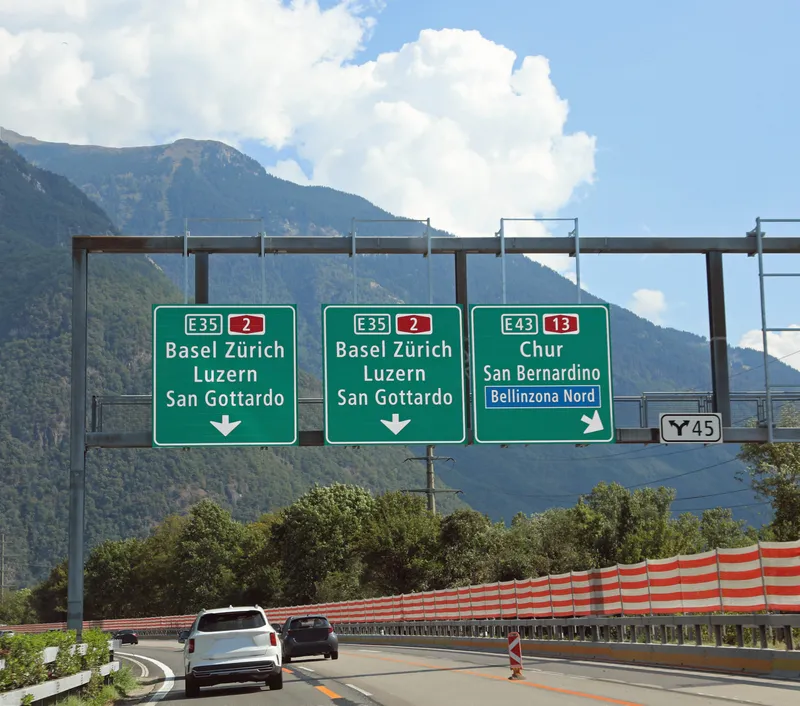Traffic Data Systems’ WIM-DSP 32 low-speed and high-speed weigh-in-motion (WIM) system has been awarded an OIML-R134-1 certificate by the Swiss Federal Institute of Metrology, proving accuracy levels of ±5% (initial verification) and ±10% (in-service inspection) have been achieved. The Swiss institute’s supervised certification process required more than 500 test runs with different vehicles, speeds and loads.
September 19, 2017
Read time: 1 min

The WIM-DSP 32 is designed to operate with










